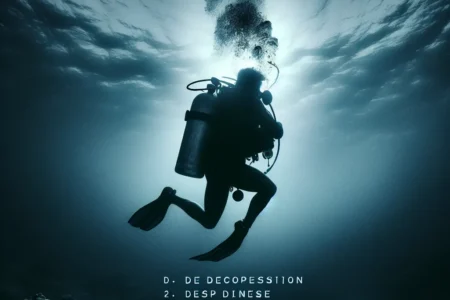The article delves into the intricacies of decompression, emphasizing its significance for individuals engaging in activities like scuba diving, high-altitude trekking, or aerospace travel. It explains the process of decompression and the potential risks, such as decompression sickness, associated with rapid pressure changes. The article also highlights the fundamental principles of Boyle’s Law and Henry’s Law and their role in the behavior of gases under varying pressures. Additionally, it underscores the importance of proper decompression techniques in minimizing the risk of decompression sickness and acknowledges ongoing advancements in technology and research to enhance safety. Understanding the effects of decompression on the body is crucial for ensuring safety and well-being, especially in activities involving pressure changes, and therefore, this comprehensive insight serves as a must-read for anyone involved in such pursuits.

